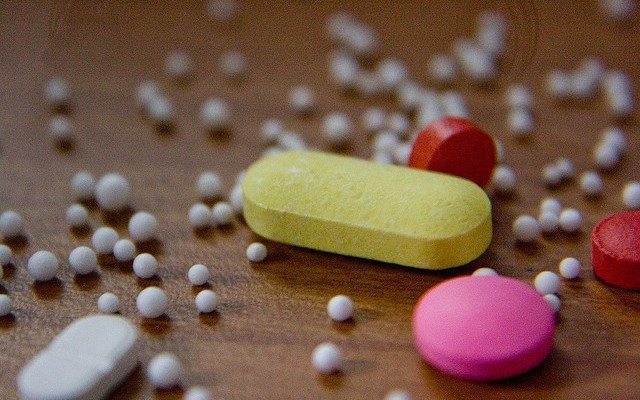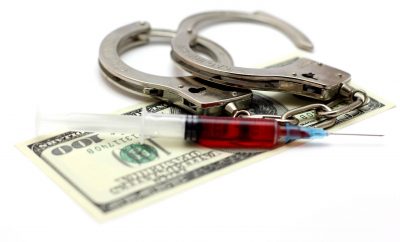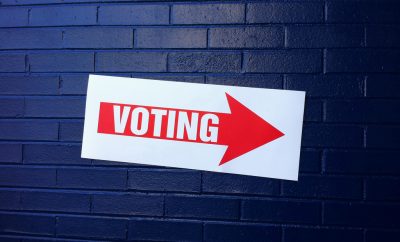
News
Our Everyday Drug Dealer
Recently, Johnson & Johnson had a $2.2 billion settlement, rendering it the third highest pharmaceutical fraud settlement made with the United States government. Will this trend continue, or will Johnson & Johnson learn from their mistakes as well as those of their predecessors?
Although consultant pharmacists purported to provide “independent recommendations based on their clinical judgment, Johnson & Johnson viewed the pharmacists as an ‘extension of [J&J’s] sales force,” the Justice Department claimed. That, more or less, is what Johnson & Johnson was sued for; drug-makers are legally only allowed to promote their product for cures in the way that the FDA has approved of them.
In a class action case, Johnson & Johnson was said to have wrongfully marketed their drugs created to treat schizophrenia, Risperdal and Invega, as dementia medication for elderly patients. Furthermore, the company allegedly lied about Risperdal’s side effects and withheld information that the medication led to diabetes. Although legally settling, the company still denied the allegations. Claiming innocence, Johnson & Johnson stated, “the settlement of the civil allegations is not an admission of any liability or wrongdoing, and the company expressly denies the government’s civil allegations.” In defending their drug, they claimed Risperdal to be “safe and effective for its approved indications”, and “an important treatment option for people with serious mental illness.”
Sure, the government has cracked down on Johnson & Johnson, and now the company is paying $2.2 billion, but does that actually mean anything? Johnson & Johnson has a net worth of $65.03 billion. In preparation for this case, the company set aside money to pay their penalties, rendering the fine insignificant for a company of great wealth and success.
So, will anything change from this settlement? Michael Ullmann, Vice President and General Counsel of Johnson & Johnson reflected, “today we reached closure on complex legal matters spanning almost a decade. This resolution [which] allows us to move forward and continue to focus on delivering innovative solutions that improve and enhance the health and well-being of patients around the world.”
I speculate that the government will tighten the reigns and harshly proctor the company, as well as extend this strict scrutiny to others drug-providers. But as a result of the simple nature of medications, being that they were released to the public shortly after their creation, and the system of pharmaceutical representatives, a heavily corrupted system, long term changes or consequential changes seem extremely unlikely to occur.
Shedding light on the impact of this case, Attorney General Eric Holder said “every time pharmaceutical companies engage in this type of conduct, they corrupt medical decisions by healthcare providers, jeopardize the public health, and take money out of taxpayers’ pockets.” Pharmaceutical representation is a capitalist system that encourages sales people to push drugs onto doctors, hospitals, and nursing homes which economically resonates, and yet morally conflicts with our way of conducting business. People become less important than businesses, as finances dictate our capitalist ways. C’est la vie. Being third in the country sounds significant, but the ranking, like China’s GDP, its just an arbitrary number in this case, meaningless.
—
Featured image courtesy of [DraconianRain via Flickr]








Comments